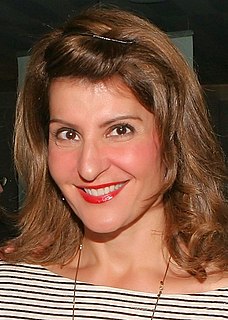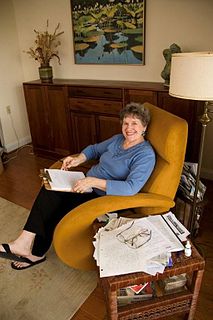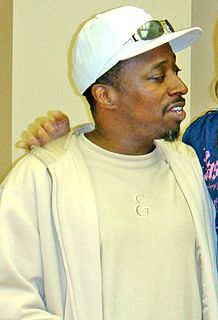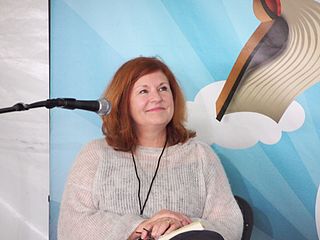A Quote by Nia Vardalos
I don't card out my screenplays ever. I just have an idea I just sit down and write I don't edit. Sometimes the first draft will come out at 200 pages. I think and think and I go, "um this story is about the brother that appears on page 178." I go back and I rewrite.
Related Quotes
It can take years. With the first draft, I just write everything. With the second draft, it becomes so depressing for me, because I realize that I was fooled into thinking I'd written the story. I hadn't-I had just typed for a long time. So then I have to carve out a story from the 25 or so pages. It's in there somewhere-but I have to find it. I'll then write a third, fourth, and fifth draft, and so on.
I work sometimes from outlines, which are immediately abandoned. Sometimes, when I'm trying to find the characters, I'll sketch things out a bit. Sometimes, outlines help me aim a little bit, but I tend to find it's usually much more interesting, especially with the first draft, to spew it onto the page. I used to get very nervous that, if I write this first rough draft and I die that night, whoever finds it might think that I thought it was good. For me, it's much more important to get some general shape onto the page and later take all the time I need to refine it, fix it, and rewrite it.
Anyone of any age, any race, any background, any education - if they write an interesting enough book - can become a published author. What it takes is imagination, the ability to put words on a paper in an interesting, perhaps even unique way, the fortitude to rewrite, rewrite, rewrite, and polish, edit, polish, edit until the story sort of sings. I think everyone has a story inside him, but only a few have the persistence and, of course, the interest, to write it down and see it through.
Writing the first draft of a new story is incredibly difficult for me. I will happily do revisions, because once I can see the words on the page, I can go about ripping them up and moving scenes around. A blank page, though? Terrifying. I'm always angsty when I'm working my way through a first draft.
I tend to start with a kernel, a vague concept, and just begin to write things down - notes about a character, lines of dialogue, descriptive passages about a place. One idea fires another. I do that for about a year. By then there's a story, and I'll go on to a complete first draft that sews many of those ragtag pieces together.
I get lots of ideas when the lights go out at night and it gets very quiet. Sometimes they come when I first lie down to sleep; other times I wake up with an idea racing through my mind. But regardless of when an idea comes, I have made it a habit to get out of bed and write the idea down before it disappears into my dreams. You should do the same.
During the course of the year a number of ideas just come up automatically. I could be walking down the street. Or shaving. An idea will hit me and I'll write it down. Then, when I'm ready to write, I check my little matchbooks and napkins and find that it is good or it's pretty terrible. There are other times when I don't have any ideas and I'll go into a room and close the door and I sit and sweat it out for a day or a month and eventually I come up with [something].
The problem is once you've written the opening paragraph and worked out how the rest of the story will go in your head, there's nothing in it for you. I write in longhand using disposable fountain pens on the right-hand side of the notebook for the first draft, then I rewrite some of the sentences and paragraphs on the left-hand side.



































